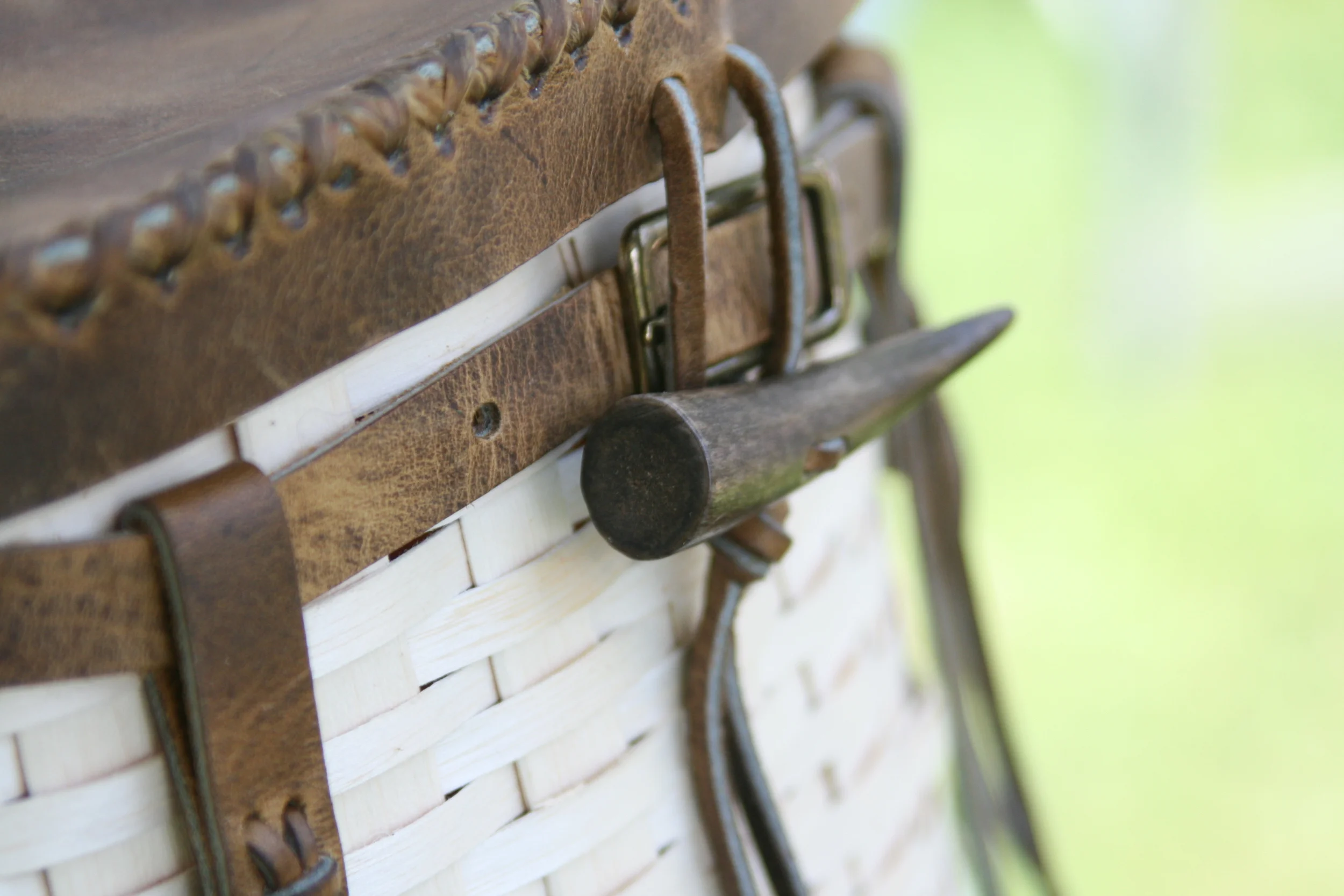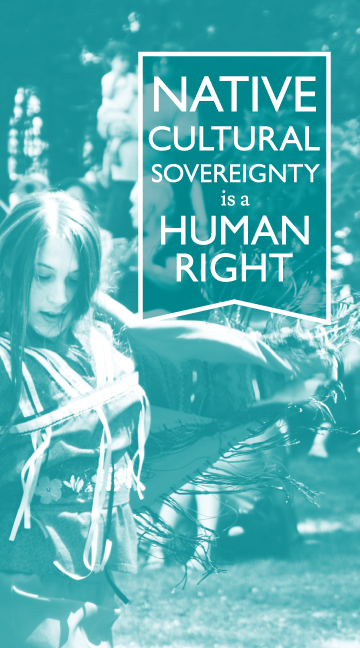Abbe Museum Awarded Competitive Grant for Workplace Inclusion
/The Abbe Museum has been awarded a $53,050 Museums for America: Museums Empowered grant from the Institute of Museum and Library Services (IMLS). The grant is 1 of 28 awarded to museum projects across the US – totaling more than $1.9 million – and will fund the Abbe’s project, Workplace Inclusion to Support Museum Decolonization.
“As centers of learning and catalysts of community change, libraries and museums connect people with programs, services, collections, information, and new ideas in the arts, sciences, and humanities,” said IMLS Director Dr. Kathryn K. Matthew. “They serve as vital spaces where people can connect with each other. IMLS is proud to support their work through our grantmaking as they inform and inspire all in their communities.”
Museums for America (MFA) is IMLS’s largest discretionary grant program for museums, supporting projects and ongoing activities that build museums' capacity to serve their communities. Museums Empowered (ME) is a special MFA initiative to provide professional development and capacity building opportunities for eligible museums. This year IMLS received 147 applications requesting $16,770,555 for Museums Empowered grants.
The Abbe’s project will include professional development and training for staff, board, and volunteers to support the Museum’s work with the Wabanaki Nations towards a decolonized approach to every aspect of its operations. An emerging concept in museum practice, decolonization is an ongoing process of sharing authority for the documentation and interpretation of Native culture.
“The Abbe team is committed to continued learning and we have dedicated ourselves to internal examination to make sure we are an inclusive museum, focused on anti-racist strategies and initiatives,” said Abbe President/CEO Cinnamon Catlin-Legutko. “As a small organization, the grant award helps us expand our bandwidth by bringing in experts to guide us and ultimately boost our strategies for the benefit of Wabanaki people and museum-goers.”
Generally speaking, museums have historically controlled their audiences’ understanding of Native people, sovereignty, and culture by leaving Native people and communities out of the planning and processes of museum practices. In the end, there was little to no consultation and collaboration with Native people on exhibits, archaeology, culture, history, fashion, food, music, placenames, burial remains, spirituality, education, and much, much more. This practice is certainly evolving, but the museum field has a long road to travel, righting these inequities of the past and planning for a collaborating present and future.
As a decolonizing museum of Wabanaki art, history, and culture, the Abbe develops policies and protocols guiding decolonizing practice. As part of the Workplace Inclusion to Support Museum Decolonization project, Museum staff members and trustees will engage in learning sessions around anti-racism and the effect of acculturation and will engage in cultural competency assessments. A museum inclusion expert will work with staff to assess inclusion from a systems perspective – people, policy, assumptions, values, and norms – and determine if they align with the museum's adopted guiding principle of decolonization. The project will provide essential resources for staff in the learning and development of workplace inclusion practices to support the broader work of decolonization.
About the Institute of Museum and Library Services
IMLS is the primary source of federal support for the nation’s 123,000 libraries and 35,000 museums. Its mission is to inspire libraries and museums to advance innovation, lifelong learning, and cultural and civic engagement. IMLS’s grant making, policy development, and research help libraries and museums deliver valuable services that make it possible for communities and individuals to thrive. To learn more, visit www.imls.gov.















